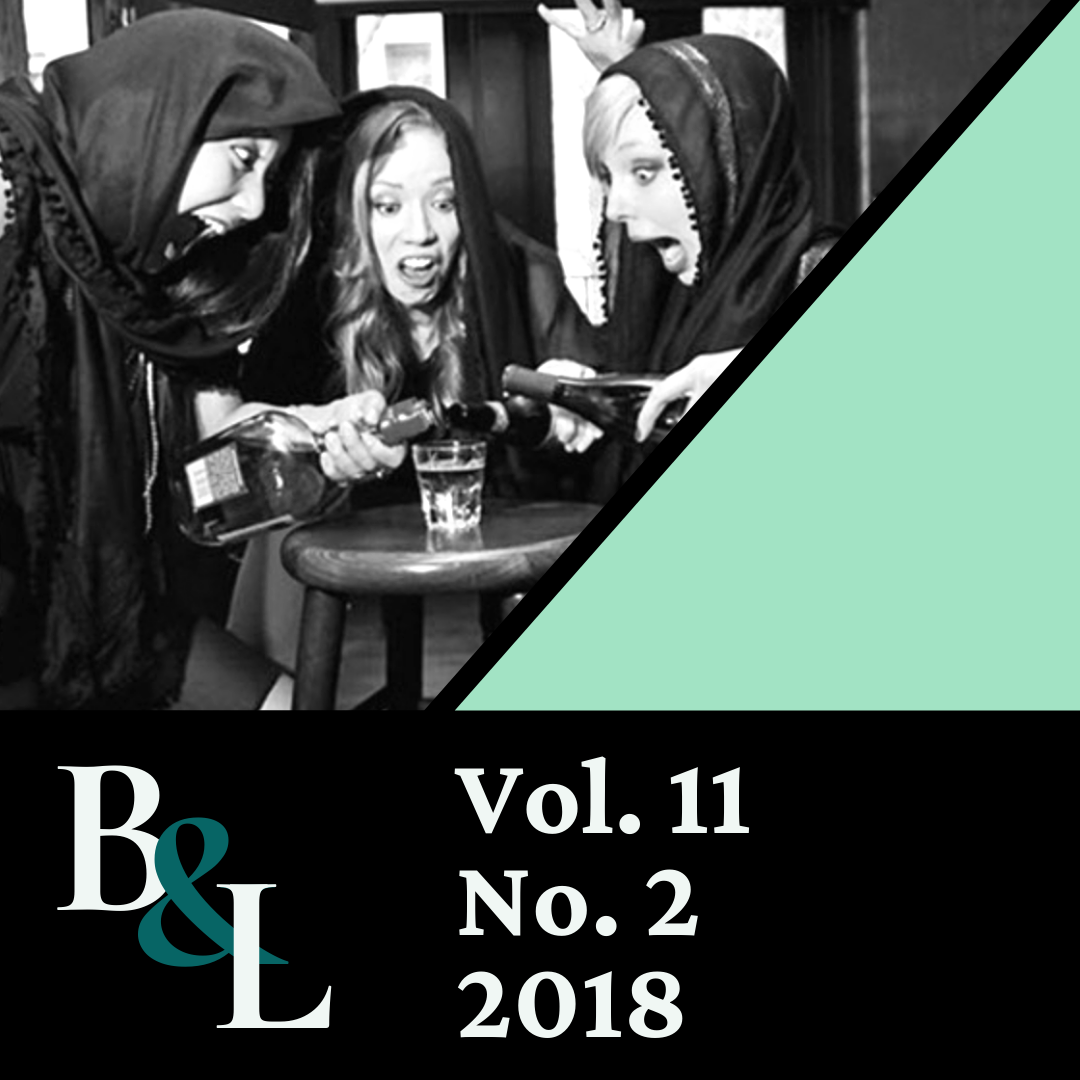Hamlet's Road from Damascus
Potent Fathers, Slain Ghosts, and Rejuvenated Sons
Abstract
This paper examines the intertextual relationship between Hamlet and Yassin-Kassab's The Road from Damascus (2008). It argues that the appropriation of Hamlet's intellectual and psychological inner conflicts in the novel highlights the complexities of ideological decisions Muslims in Britain face in post-9/11 times. Sami, the novel's protagonist, goes on a quest for salvation and truth that echoes in many ways Hamlet's anguished and prolonged search for evidence of his father's murder story, as narrated by the father's ghost. Just as Hamlet's revenge mission turns into a series of meditations on the human existence, death, and the futility of vengeance, Sami's negotiation with his late father's unwavering demands for secularism and repudiation of Islam complicates the shaping of the Muslim diasporic identity. A number of quotations from Hamlet that come at crucial moments in the novel, as well as Sami's Hamlet-like hallucinatory state, help steer him toward crucial self-realizations.


